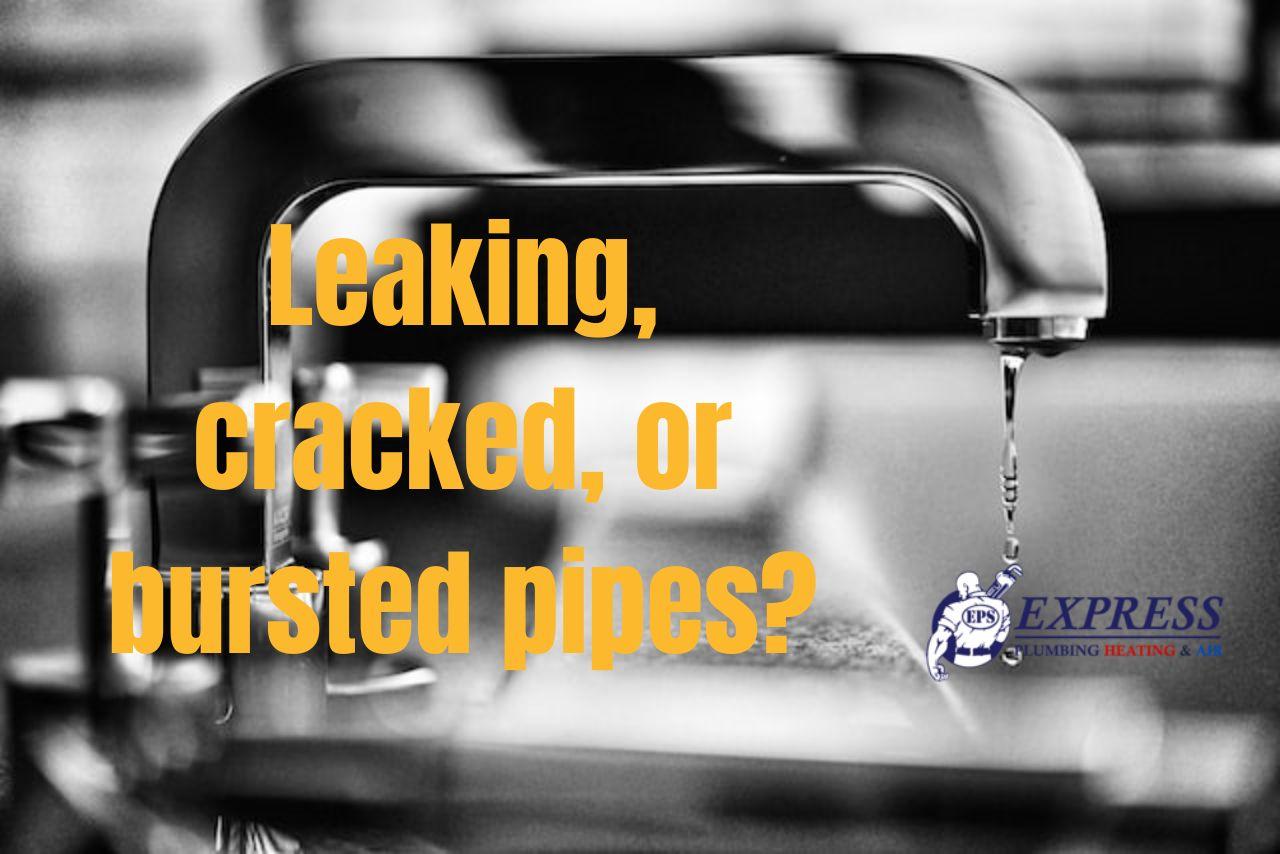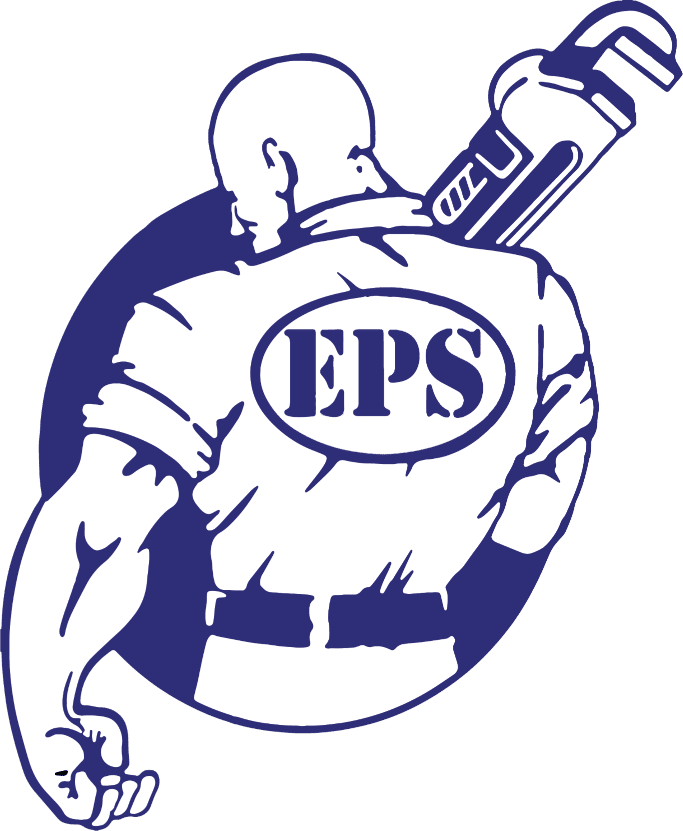How do plumbers detect a hidden water leak? While living in Boise comes with a low cost of living, the last thing you want is unresolved and potentially costly plumbing issues. Leaks can go unnoticed, resulting in high water bills, structural damage, and other issues, and it can be tough to find a leaking pipe or connection yourself unless you know exactly what to look for.
Our expert team at Express Plumbing, Heating, and Air can efficiently pinpoint and repair leaks. Check out the common equipment and methods we use to find leaks, whether underground, behind drywall, or under floorboards.
How Plumbers Detect Hidden Water Leaks
Plumbers can detect hidden water leaks using several different professional water leak detection methods, including thermal imaging cameras, acoustic tools, moisture sensors, pipe cameras, and pressure testing. Using one or more of these methods, your plumber will pinpoint the source of a water leak, making it much easier and faster to repair.
Professional Leak Detection Methods Explained
How do professionals detect water leaks? To explain, let’s look at the most common tools plumbers use to find leaks.
Thermal imaging cameras
Thermal imaging cameras, or heat scanners, can detect hidden leaks in hot water pipes behind walls, floors, or other obstructions. These cameras can use infrared imaging to identify issues that aren’t visible, such as excessive moisture or temperature variations. These tools can scan broad areas, allowing our plumbers to efficiently detect water leaks without breaking walls.
Acoustic leak detection
Listening discs, ground microphones, deck plates, and other audio equipment help plumbers detect leaks through drywall, cabinets, and other obstructions by amplifying and isolating leaking sounds from behind the surface. Deck plates and other equipment are powerful enough to detect leaks through concrete, brick, and other similar materials. This is one of the main answers explaining how plumbers find leaks behind walls.
Plumbers place these types of devices against a surface and listen through headphones to the sound of water traveling through the pipes. By analyzing the sound, plumbers can find the general area of the leak and confirm the precise location with other methods.
Moisture meters and sensors
Special moisture meters and sensors are another key part of how to find hidden water leaks in walls and floors. They’re used to detect elevated moisture in drywall, wood, or tile, helping narrow down the hidden leak’s source.
Video camera pipe inspections
Video pipe camera inspections can help plumbers detect a water leak and other plumbing issues beneath your foundation, in the walls, or in other inaccessible areas without doing a full demolition.
These durable and waterproof cameras feature an LED light and high-resolution video quality to ensure a clear picture of plumbing issues. We install the camera at the end of a scope rod, which can bend and maneuver around the curves of your plumbing system.
Once the technician inserts the camera, they can observe the live video feed on the linked monitor. In addition to ongoing leaks, they can look for cracks, corrosion, or other damage that may cause leaks later on. Some cameras also feature transmitters that allow plumbers to mark underground leak locations from above.
Pressure Testing
Water pressure testing, also called isolation testing, allows plumbers to check for leaks by observing water movement, usage, and loss within your plumbing system. The plumber attaches a water pressure gauge to a faucet or fixture connection, turns the fixture on to pressurize the gauge, and turns the water meter off to observe the gauge pressure.
If the gauge’s pressure decreases, there’s likely a leak in the system. Plumbers can use the pressure test to rule out certain connections by going through your home and shutting off valves to isolate fixtures, such as toilets, from the system.
Signs You Might Have a Hidden Water Leak
Leaks can cause extensive damage if hidden and unresolved. If you notice any of the following issues, it’s time to call a plumber to find your hidden leak:
Higher water bills without increased usage
If you’re being charged for more water than you’re really using, it’s often a sign of a hidden leak somewhere in your system.
Damp or discolored walls, ceilings, or floors
If a leak is left unchecked for long enough, it can cause visible moisture, dampness, or discoloration of nearby surfaces, particularly on drywall and plaster ceilings.
Musty smells or mold growth
The dark, damp conditions of a hidden leak make the perfect environment for mold and mildew to thrive. Eventually, you’ll begin to smell or see mold, which is a sign of a hidden leak that’s been going on for some time.
Sound of running water when fixtures are off
If you hear running water in your walls, floors, or ceilings, even after turning off all sinks and other fixtures, it’s probably a sign of a significant hidden water leak.
Low water pressure in parts of the home
If some of your fixtures are working perfectly but others have weak water pressure, this could indicate a hidden leak in the area. Search for leak detection services near you for a definitive answer.
DIY vs. Professional Leak Detection
DIY leak detection methods often miss the mark, mostly because the average homeowner doesn’t have the tools needed to find the leak accurately. This means either missing the leak entirely or doing extensive damage to your home to find it. To avoid structural damage, mold growth, and wasted water, we strongly recommend calling a licensed plumber as soon as you suspect a hidden leak.
Why Book With Express Plumbing Heating & Air?
Proper plumbing plays a major role in water conservation and keeping water bills affordable in Boise. With rapid response times, upfront pricing, and a 4.9-star rating from 1,400+ homeowners, we’re your go-to choice for plumbing support of all kinds. Plus, we’re backed by strong warranties and excellent customer care, making your peace of mind our top priority at every step of the way.
Leak Detection Services in Nampa, ID & Nearby Areas
Leak detection services help save you time, money, and stress, and the sooner you call, the better off you’ll be! For service in Boise, Caldwell, Nampa, and other nearby areas in Idaho’s Treasure Valley communities, contact us at Express Plumbing, Heating, and Air!
Frequently Asked Questions
Is leak detection always accurate?
Leak detection is considered a highly accurate and reliable process, with an average accuracy rate of around 90%. If your plumber says they’ve found a hidden leak, odds are, they’re right.
How long does it take to find a hidden leak?
It can take anywhere from 30 minutes to multiple hours for a skilled plumber to find a hidden leak. The exact time depends on the size of your home and plumbing system, as well as the leak detection methods used.
Can plumbers detect underground leaks or slab leaks?
Yes, your plumber will be trained to detect leaks of all kinds, including slab or underground leaks. These may take longer to find than a leak in your walls or floors, but you can rest assured that a skilled plumber will be able to find leaks virtually anywhere in your home.




